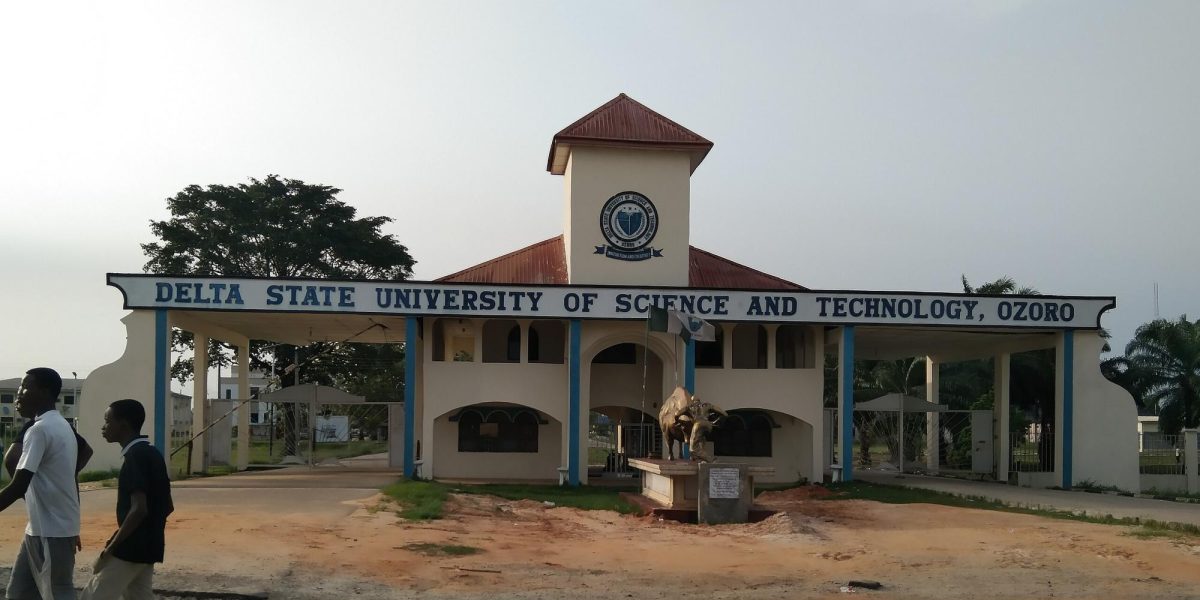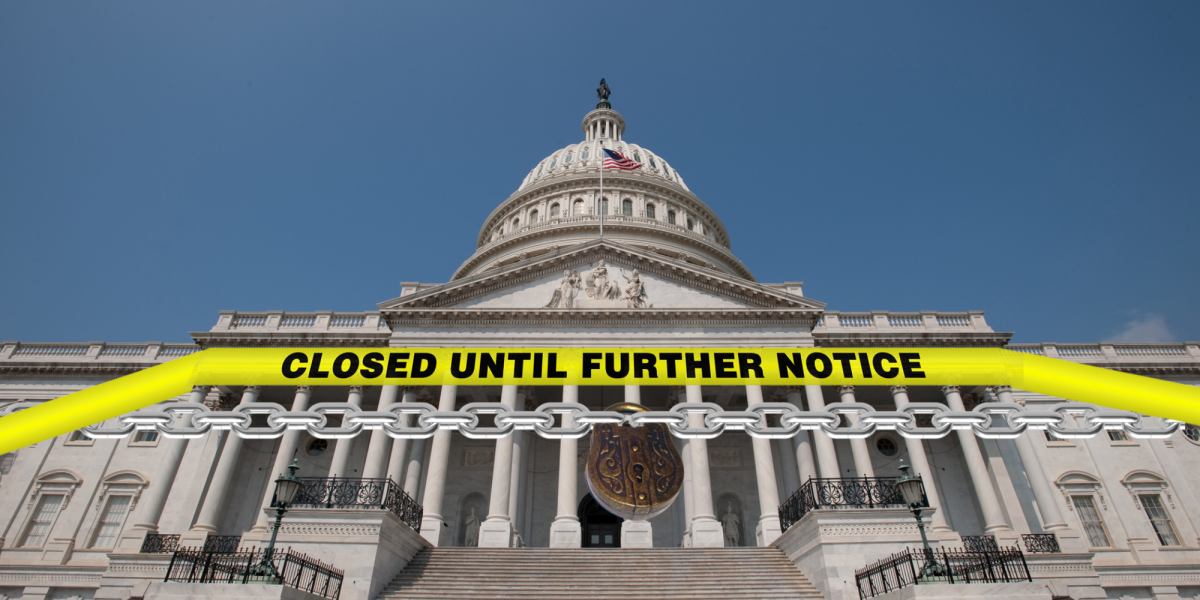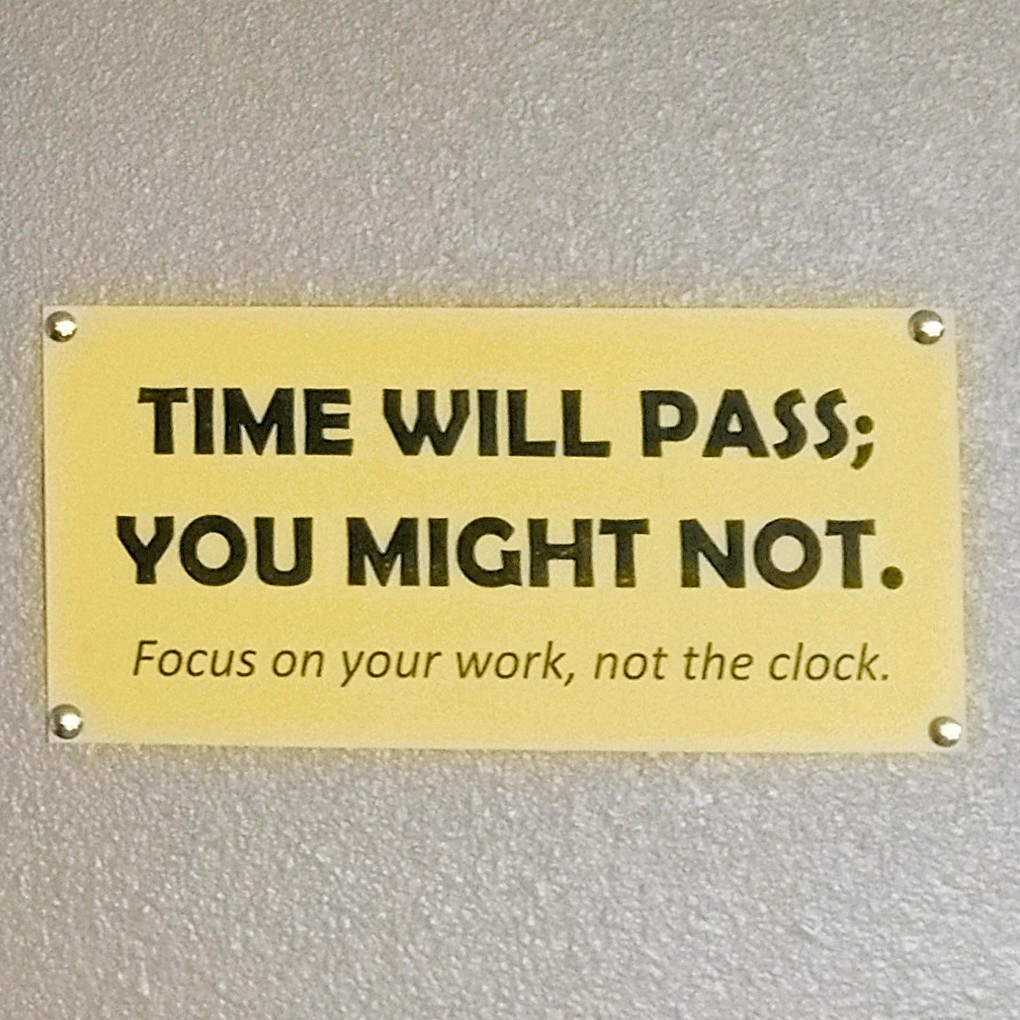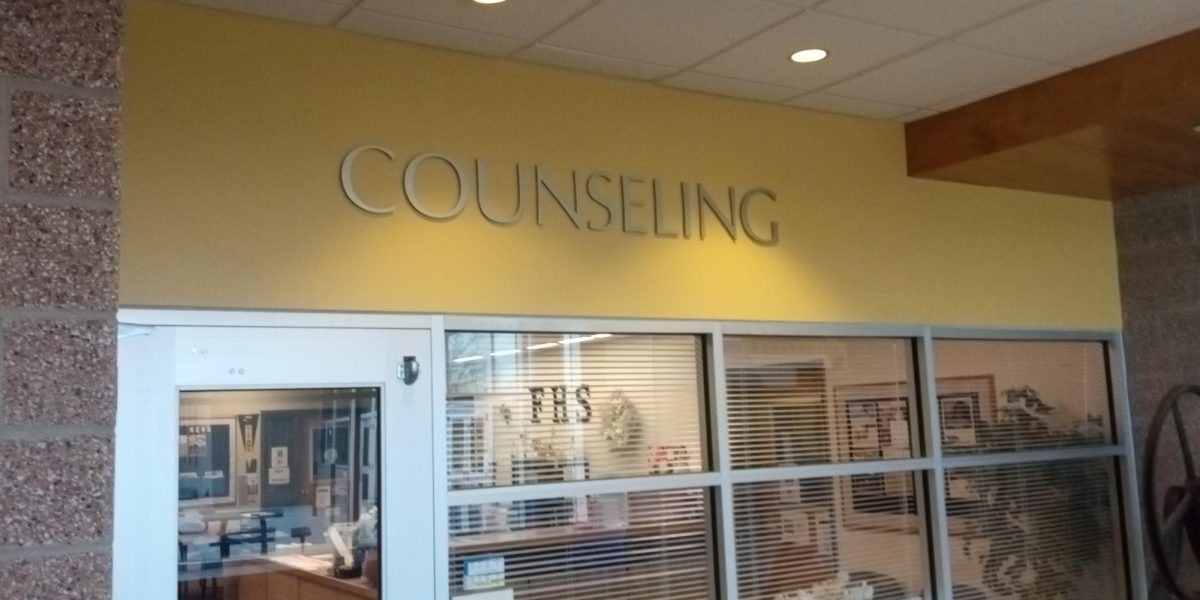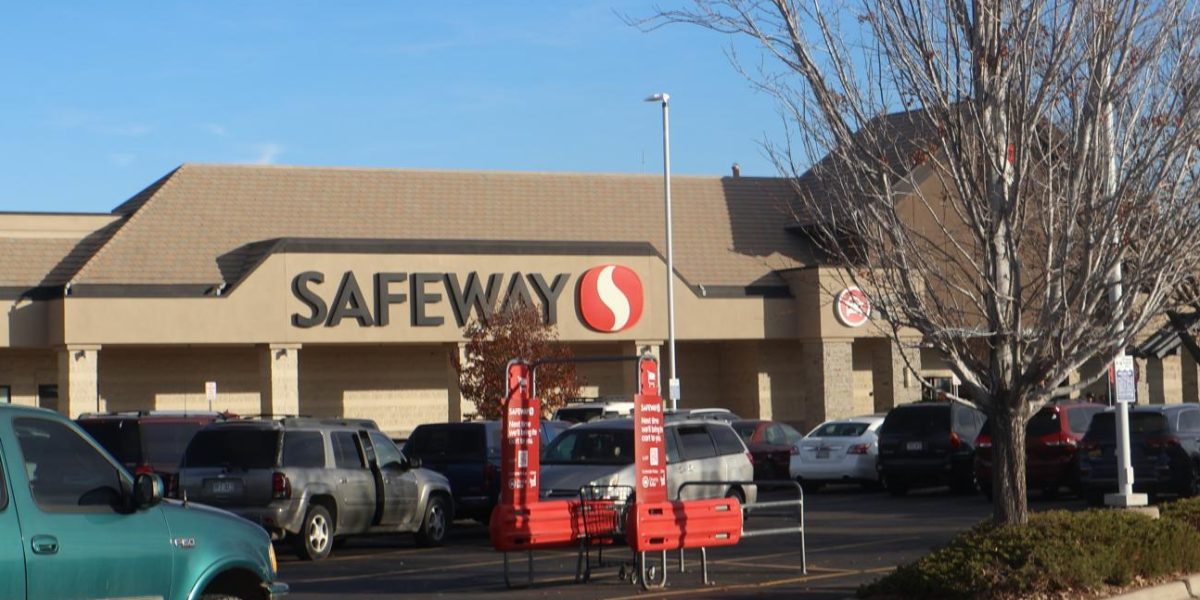In the state of Colorado over 80 percent of people graduate from high school but for some reason its not the same case when it comes to graduating college. This is most likely the cause of a few key factors.
One of the much larger reasons behind it is the financial burden that college brings. With the rising cost of college tuition and fees college students struggle to complete college because of this financial burden. Despite the financial aid options provided such as scholarships, grants, and loans but the burden of student debt can weigh heavily on students, particularly those from low income families.
Colorado is a state known for its diverse economy and job opportunities. Some people may choose to enter the workforce immediately after they graduate highschool instead of pursuing a college education. The appeal of immediate employment and opportunity for career advancement without a degree is enough for some people to not seek a college education.
Some high school graduates may enter college unprepared for the academic challenges they will face. This could be due to inadequate college readiness programs or k-12 education not being up to par can contribute to academic struggles and stop college students from graduating.
Factors such as mental health issues, family responsibilities, and personal circumstances can impact a students ability to stay enrolled and complete college. Balancing academics with work, family obligations, and other responsibilities can be overwhelming for some students which can lead to dropping out of college.
Insufficient support services and resources within universities can also contribute to low graduation rates. Students may face challenges navigating the struggles of the higher education system, accessing academic counseling, or finding support networks on campus, which can impact their academic success.
Colorado has faced challenges in implementing effective retention and completion initiates for years. While efforts to improve college retention and college completion rates are ongoing, there may be gaps in availability and effectiveness of these programs.
Now solving these challenges isn’t impossible by any means but it requires an approach that confuses on improving college affordability, expanding access to higher education, improving academic preparedness, and providing better support services. By addressing these problems, Colorado can work towards increasing graduation rates and ensuring all students have the opportunity to achieve their goals.





